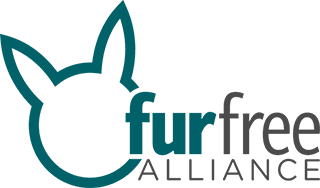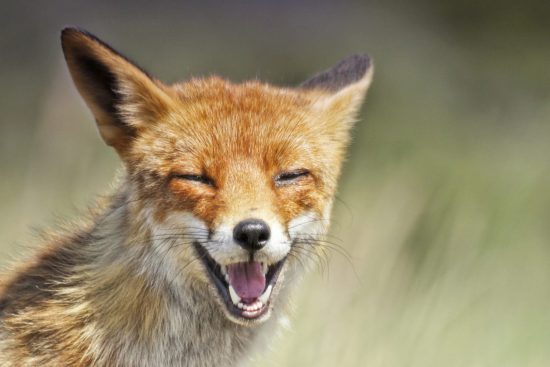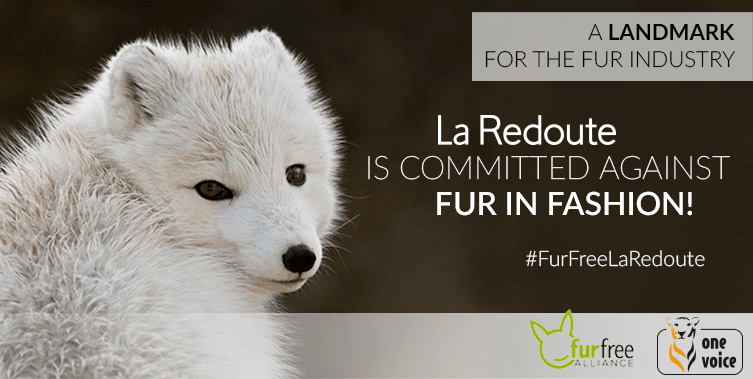
Majority of Massachusetts Voters Want to Make it Illegal to Sell Fur Clothing
22 JUNE 2017, BOSTON, MASSACHUSETTS – Today, the Fur-Free Alliance released the results of a poll showing that a majority of Massachusetts voters want a statewide ban on the sale of clothing that contains animal fur.
The poll asked voters if they’d support a ban on “the sale of clothing garments containing fur from animals who are raised and killed on fur farms or caught by traps in the wild.” Of the more than 1,000 voters surveyed, 58 percent said they would support a ban, with 11 percent unsure and less than a third opposing the idea.
Additionally, when those surveyed were informed that major fashion houses—like Giorgio Armani and HUGO BOSS—have banned fur from their own products already, the number of voters supporting a statewide ban jumped to 64 percent, with only 19 percent still opposing.
Fur-Free Alliance Chairman Joh Vinding, says:
“This poll shows that Massachusetts voters are aligned with many European countries in wanting to end the fur trade. It’s time for legislators to take notice and stop allowing this cruel and archaic product from being peddled in the Bay State.”
Several EU countries have conducted similar surveys showing that the public doesn’t support the use of fur in fashion. For example, 81% of Austrians, 86% of Germans and 80% of Swiss consider killing animals for their fur to be wrong.
Earlier this year, the US city Berkeley, California voted to adopt an ordinance banning the sale of fur apparel and West Hollywood, California passed a similar ban in 2013. And in addition to Armani and HUGO BOSS, dozens of the largest fashion companies prohibit fur in their supply chains. Most recently, the $2 billion company YOOX Net-a-Porter – the online retailer for luxury brands like Gucci, Prada, Michael Kors and Burberry – banned fur from its portfolio after a survey of its customers showed overwhelming support for the move.
In 2016, Massachusetts voters overwhelmingly passed legislation to protect farm animals from intensive confinement 78 to 22 percent. The initiative prohibits veal crates for baby calves, gestation crates for mother pigs and battery cages for egg-laying hens, and sets a precedent that Massachusetts’ voters want nothing to do with animal cruelty.




